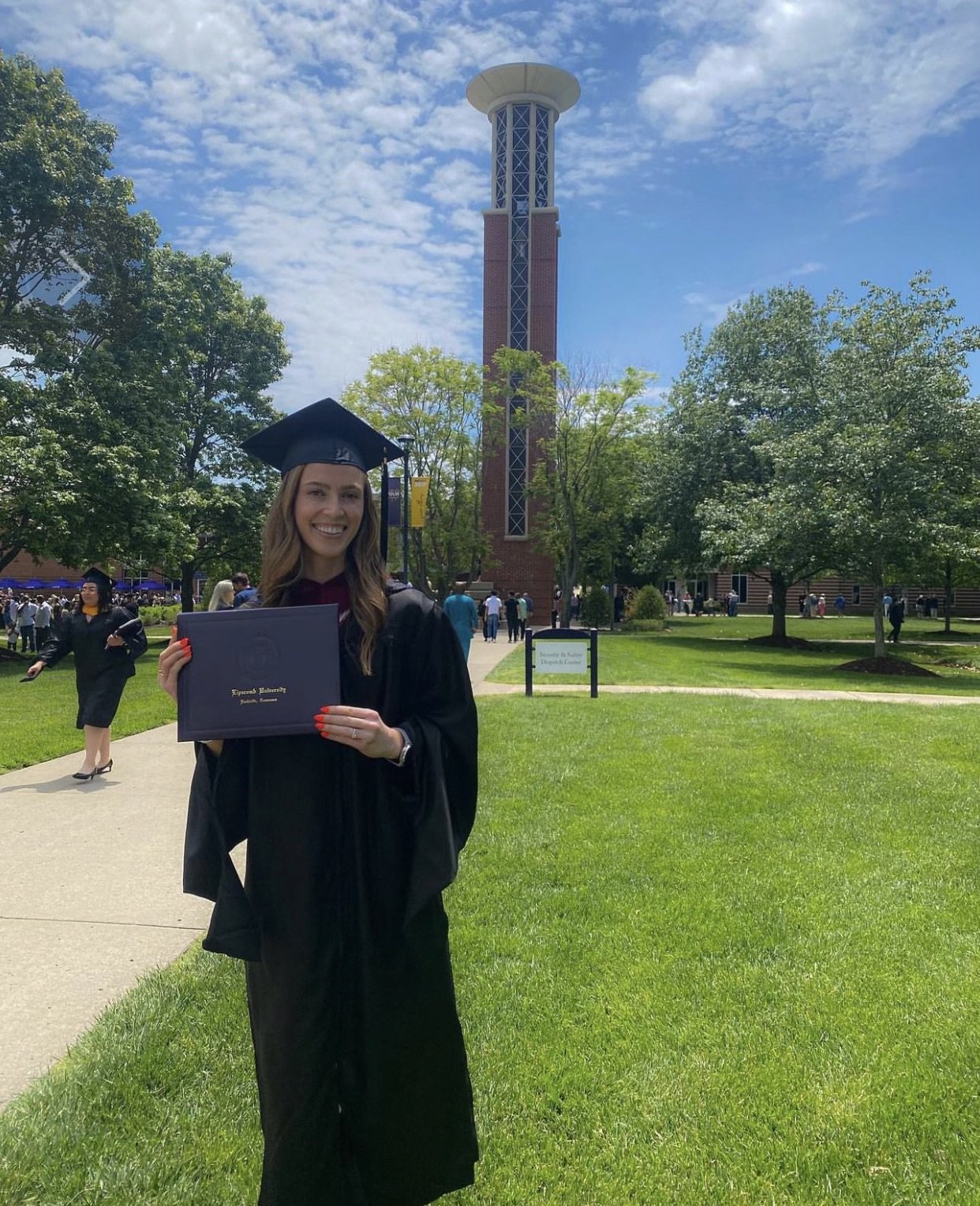Cayce Smith, TLMFT
THERAPIST
Cayce’s mission is to provide her hometown with an authentic and safe therapy space where clients can feel accepted and held through life’s messiest, happiest, and most unpredictable chapters. Her approach is empowering and compassionate, as she walks alongside clients in a collaborative, relaxed, and goal-oriented manner. Cayce believes that change is the bravest part of a person’s story, and it does not have to be done alone. So, where do we begin? Here. With a new chapter of hope and a plan that meets the unique needs of the author.
Through her own healing journey, Cayce discovered the importance of combining talk therapy and nervous system regulation. Our nervous systems can become activated for countless reasons (think: trauma, daily stressors, endless to-do lists), and these triggers can impact our mental capacity to confront the challenges we face. This has led to Cayce’s passion to help clients better understand their mind-body connection by slowing down and incorporating mindfulness and regulation exercises.
Cayce works with adult (18+) individuals, couples, and families struggling with anxiety, trauma-recovery, grief, depression, self-esteem, life transitions, and relationship conflict (dating, pre-marital, cohabitating, married). She utilizes an integrative approach that includes cognitive-behavioral, solution-focused, EMDR, and experiential therapy interventions.
Outside of the therapy space, you can find Cayce getting outside in nature, re-reading her Harry Potter books, attempting to make the perfect matcha latte, and taking Jess’ hot yoga class.
Cayce is under the supervision of Meghan Lacks, PhD, LMFT.
Education:
- Master of Marriage and Family Therapy, Lipscomb University
- Bachelor of Arts in Literature, Rhodes College
Certifications:
- EMDRIA Approved EMDR Basic Training
- 200-Hour Yoga Yoga Alliance Teaching Certificate
Approaches:
- Cognitive-Behavioral Therapy, Solution-Focused Therapy, Experiential Therapy, Mindfulness & Regulation Practices, Systems Theory, and Attachment Theory





